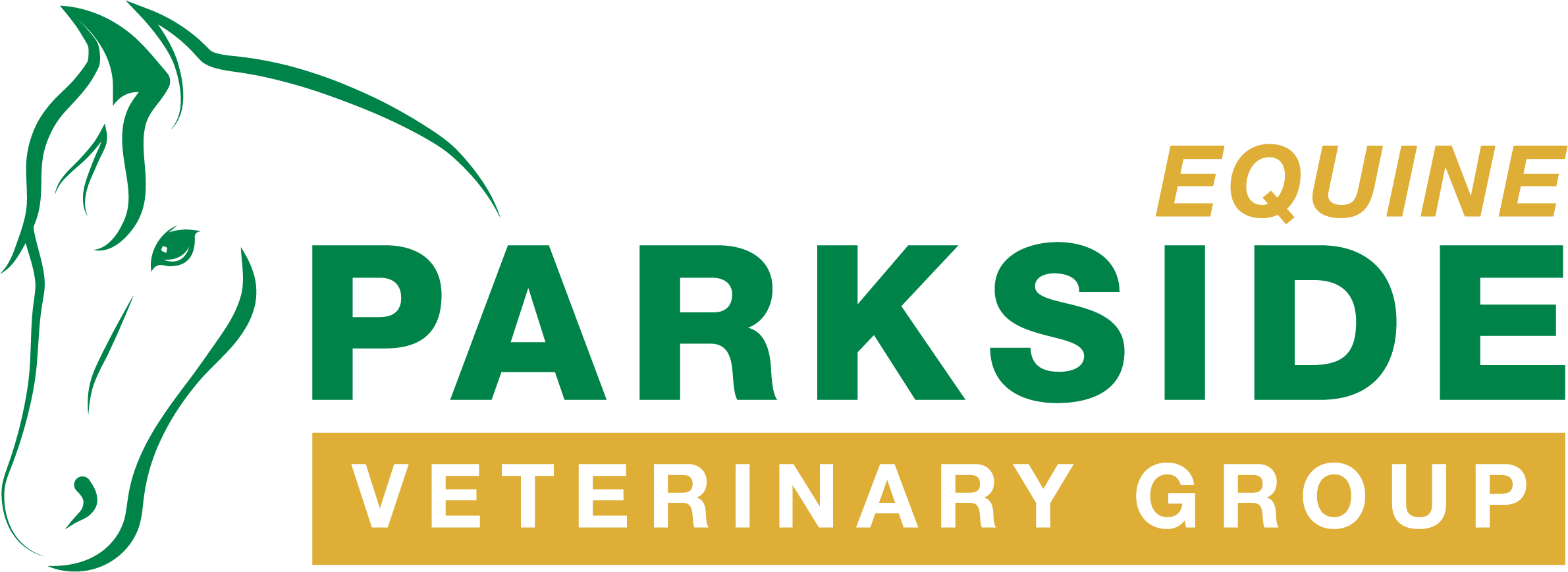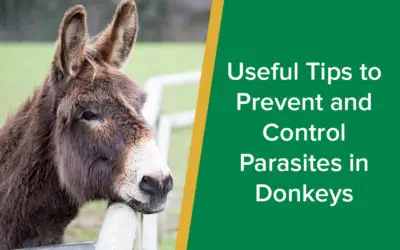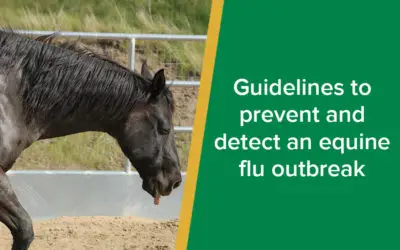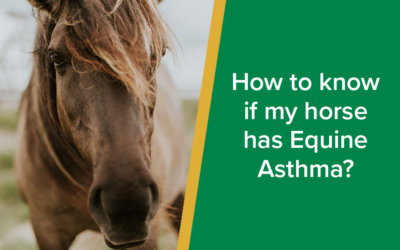What is Horse Colic?
Abdominal (belly) pain in a horse for whatever reason is referred to as colic. There are over 70 intestinal problems that can cause such symptoms.
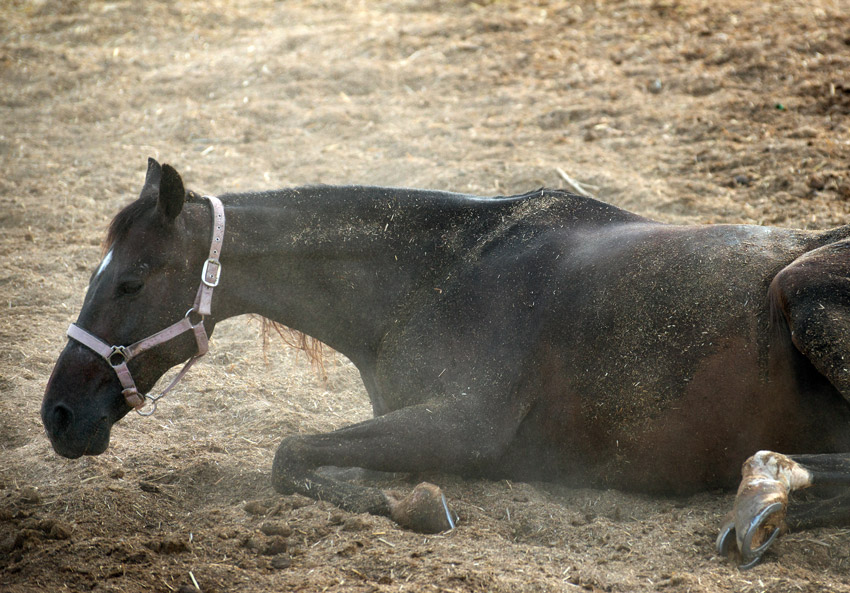
What Causes Colic?
Horses are relatively sensitive to pain in the intestines. Spams (cramp), blood supply compromise, gas or feed stretching the gut wall or the gut becoming stuck somewhere abnormal, can all cause these symptoms. Sometimes non-intestinal conditions can cause such symptoms, such a laminitis or bladder conditions.
What should you do if you suspect your horse has colic?
Urgent veterinary attention should be sought if your horse is displaying moderate or severe signs. If mild symptoms persist then veterinary advice should be sought.
What can I do to help prevent colic?
Ensuring that any changes in management are made gradually. Ensuring that your horse always made gradually. Ensuring that your horse always has access to fresh drinking water, adding some warm water to take the chill off can be very important to encourage your horse to drink in cold weather. Ensuring that your horse has a suitable diet, worming program and preventative health care (dental examination etc.) is also important.
SYMPTOMS
Mild
Lip curling
Pawing the ground
Flank watching
Restlessness
Moderate
Lying down and getting up
Lying down for long periods
Frequent posturing to urinate
Severe
Violent rolling
Rapid panting
Injuries from thrashing
Profuse sweating
